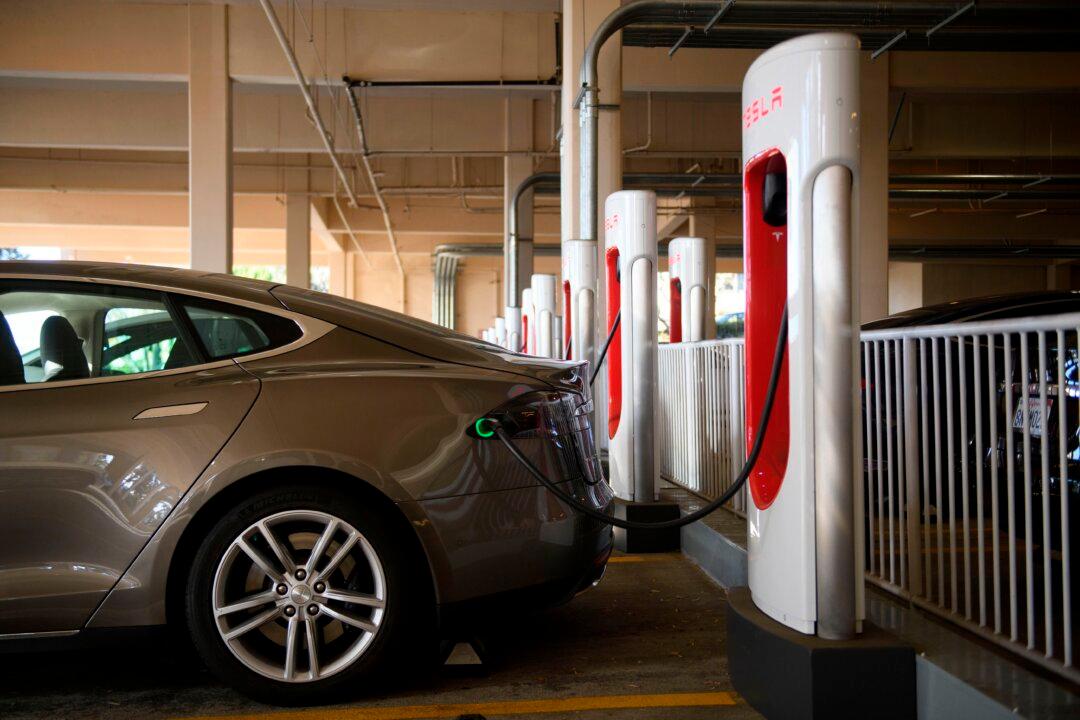Electric Vehicles (EVs) that are assembled outside of but leased within the United States may be eligible for clean vehicle tax credits, according to new guidelines published by the U.S. Treasury Department.
This follows a plea in November from South Korean and Japanese officials who sought more “flexibility” from the U.S. for foreign automakers in reference to tax credit eligibility.





